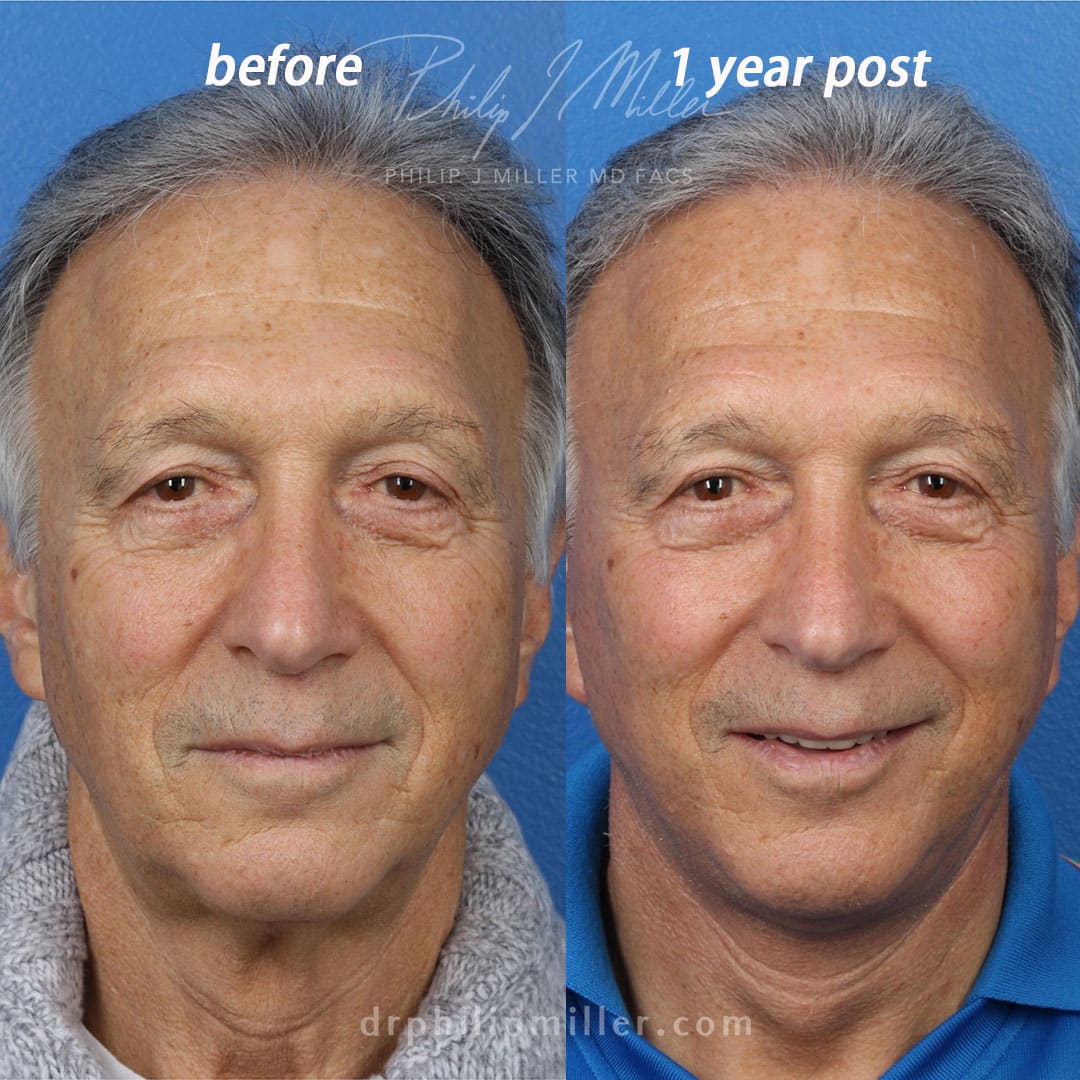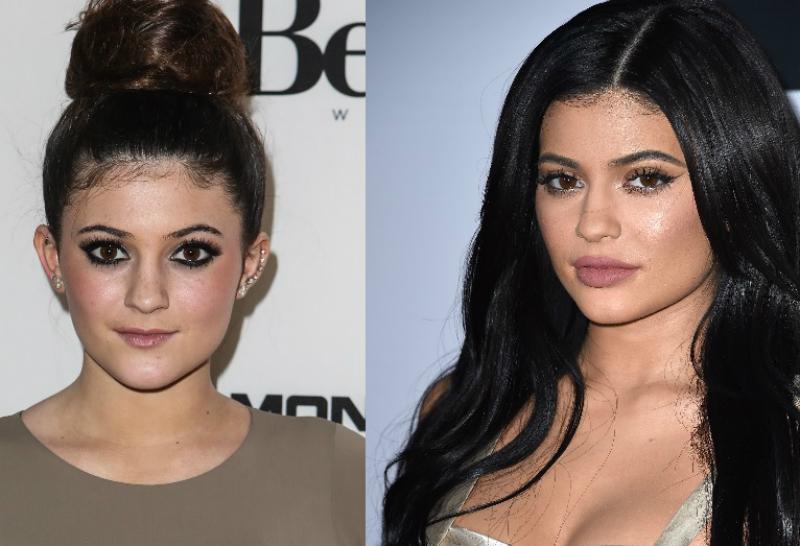The Effect of Self-Image on Decision-Making: Factors Why Many Individuals Go After Plastic Surgery for Physical Change
The interaction between self-image and decision-making is an intricate phenomenon, specifically obvious in the raising fad of individuals choosing plastic surgery as a method of physical transformation. Motivated by a desire to meet social expectations and personal ideals, many people face issues of self-confidence that can considerably affect their selections. As external pressures from cultural standards and social media heighten sensations of inadequacy, an important concern emerges: what are the underlying emotional elements that drive this search of modified looks, and what ramifications do these decisions hold for individuality and well-being?
Understanding Self-Image
Self-image refers to the psychological photo and assumption a specific holds concerning themselves, encompassing facets such as physical look, characteristic, and total self-respect - mommy makeover rancho cucamonga. This inner depiction substantially influences how individuals connect with the globe and can be a driving pressure behind various life choices, consisting of the choice to go through plastic surgery
A positive self-image commonly associates with greater self-worth and a feeling of confidence, promoting a positive approach to life. Alternatively, a negative self-image may cause sensations of insufficiency and dissatisfaction, motivating people to look for external options to perceived problems. This mission for renovation can materialize in the desire for physical change through cosmetic treatments.
The prevalent nature of media and peer comparisons can magnify sensations of instability, inspiring individuals to modify their look in quest of acceptance or approval. Recognizing these characteristics is essential in understanding the inspirations behind cosmetic surgical procedure.
Emotional Factors at Play
Many mental factors influence a person's choice to seek cosmetic surgical procedure, typically rooted in deeper emotional and cognitive processes. One considerable variable is low self-esteem, which may develop from negative self-perceptions or dissatisfaction with one's look. People with lessened self-regard may believe that changing their physical attributes will enhance their general worth and acceptance in social contexts.
In addition, the concept of body dysmorphic disorder (BDD) plays an essential role. Individuals struggling with BDD experience an obsessive focus on regarded defects in their look, leading them to look for medical intervention as an option. This compulsive need for change can considerably distort their self-image, driving them to seek procedures despite the possibility for unfavorable outcomes.

Social Stress and Assumptions
A considerable influence on individuals' choices to undertake cosmetic surgical procedure comes from social pressures and assumptions that pervade modern society. In a period dominated by social media and consistent visual direct exposure, idyllic requirements of charm are often showcased, producing a pervasive environment where physical look is intensely scrutinized. Such standards usually dictate what is taken into consideration eye-catching, leading people to feel forced to adhere to these ideals.
In addition, the normalization of cosmetic enhancements in pop culture better intensifies these pressures - mommy makeover rancho cucamonga. Celebrities and influencers honestly reviewing their surgeries can develop a perception that such alterations are not only acceptable but desirable. This phenomenon can engender sensations of insufficiency in individuals that might feel their all-natural look does not line up with social standards
In addition, the impact of peer teams can not be overlooked. People may encounter indirect or direct stress from good friends or family, causing a common validation of cosmetic surgical treatment as an appropriate ways to achieve an idyllic Continue self-image. Subsequently, these societal expectations can significantly impact individual decision-making procedures, frequently overshadowing inherent inspirations for self-improvement and cultivating a society where physical change is gone after as a solution for viewed drawbacks.

Study and Individual Stories
Lots of individuals have actually shared their individual journeys relating to plastic surgery, disclosing an intricate interplay in between self-perception and societal impacts. For example, a 34-year-old lady described how years of feeling poor due to her nose led her to seek rhinoplasty. She reported that after the procedure, her confidence rose, find more info allowing her to engage more freely in social scenarios and advance her career. Yet, she recognized that her decision was greatly influenced by media representations of beauty.
In a similar way, a male patient in his late twenties recounted his battle with body dysmorphic condition, which prompted him to seek liposuction. His experience highlighted not only a wish for physical transformation but additionally a desire for acceptance amongst peers. Post-surgery, he revealed a renewed sense of self-regard, albeit with the realization that internal validation ought to come before external modifications.
These study underscore a more comprehensive fad: individuals usually see cosmetic surgery as a pathway to improved self-image. Nevertheless, the narratives additionally expose an essential viewpoint on the stress and assumptions that form these decisions, suggesting that personal stories are deeply linked with societal norms and values.
Alternatives to Plastic Surgery

Skincare therapies, including chemical peels and microdermabrasion, can boost skin texture and tone, addressing issues like acne marks or irregular coloring. In addition, laser therapy is an effective method for targeting details skin problems, such as sunlight damages or vascular sores, promoting an extra vibrant look.
For those looking for body change, non-invasive fat decrease strategies like CoolSculpting can assist my review here remove stubborn fat deposits without surgery. Physical fitness programs and dietary therapy are additionally important tools for people aiming to accomplish a much healthier body image. Eventually, these choices can offer significant results while straightening with personal comfort levels and preferences, cultivating a positive self-image without the permanence of plastic surgery.
Conclusion
In conclusion, the search of cosmetic surgical treatment is usually driven by complicated communications in between self-image, mental aspects, and societal pressures. Individuals regularly seek physical change in an effort to enhance self-confidence and align with perceived criteria of elegance. This phenomenon highlights the need for higher awareness of the underlying motivations and prospective consequences connected with such choices. By discovering choices and promoting a healthier self-image, people might find extra sustainable paths to self-acceptance and wellness.
The interplay between self-image and decision-making is a complex sensation, especially noticeable in the boosting trend of people deciding for cosmetic surgical procedure as a way of physical change.Countless mental elements affect an individual's decision to pursue cosmetic surgical procedure, often rooted in deeper cognitive and psychological processes.A significant influence on people' decisions to undergo cosmetic surgical procedure stems from societal pressures and expectations that infuse contemporary culture. People might experience direct or indirect pressure from friends or household, leading to a communal recognition of cosmetic surgery as an appropriate methods to achieve an idealized self-image.Several individuals have shared their individual journeys pertaining to cosmetic surgical treatment, revealing a complicated interaction in between self-perception and societal impacts.